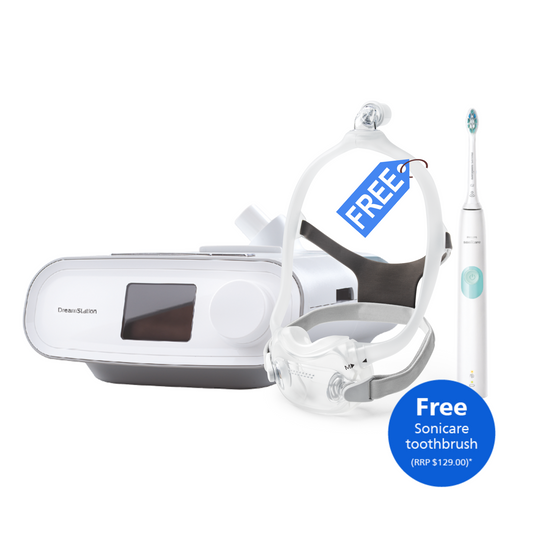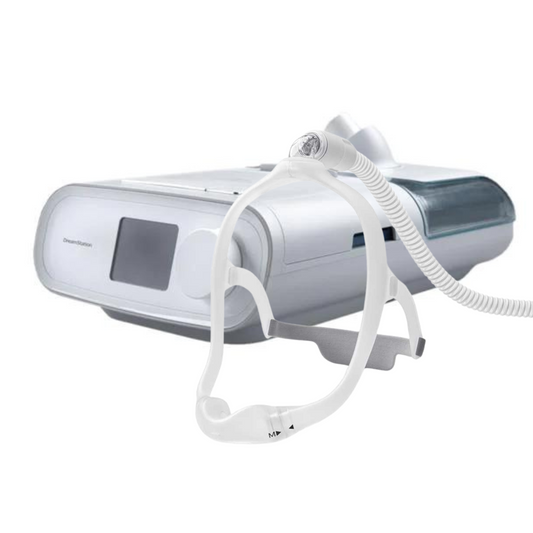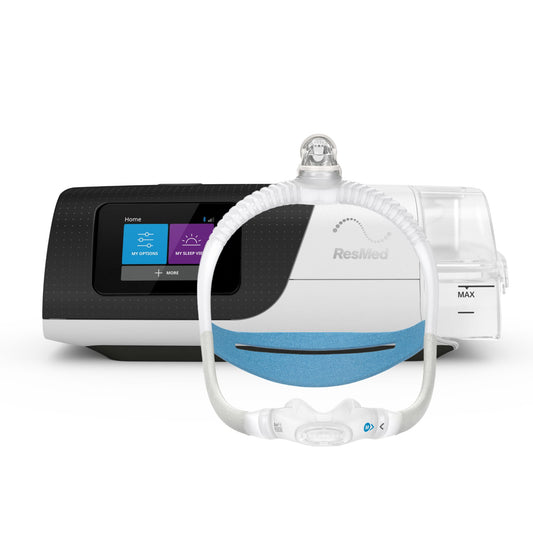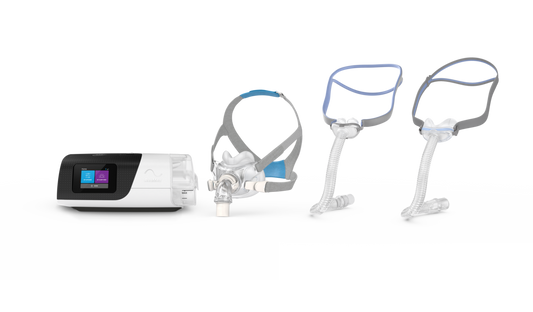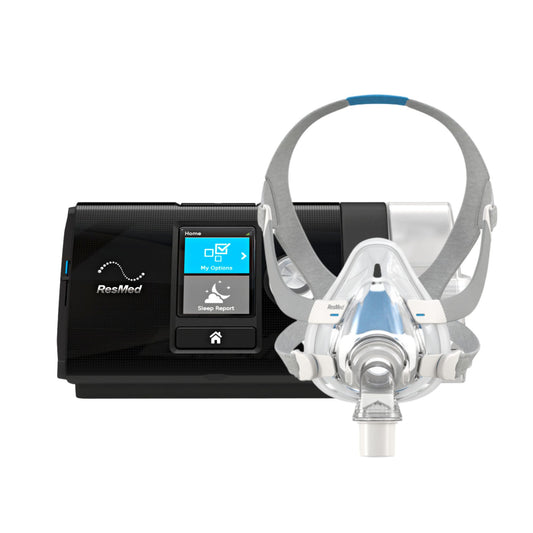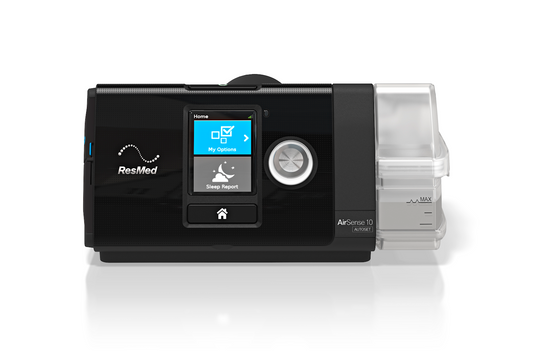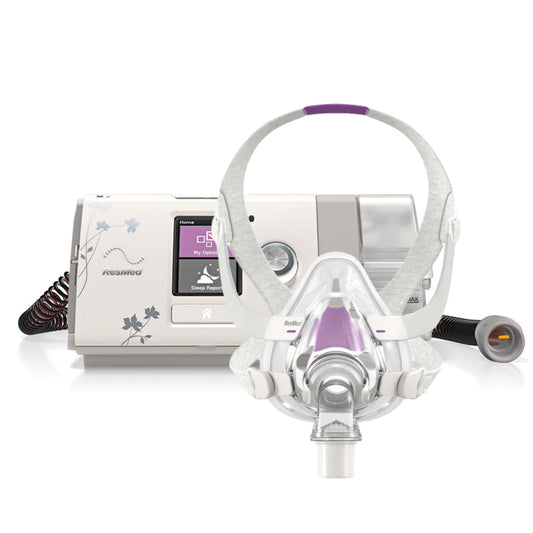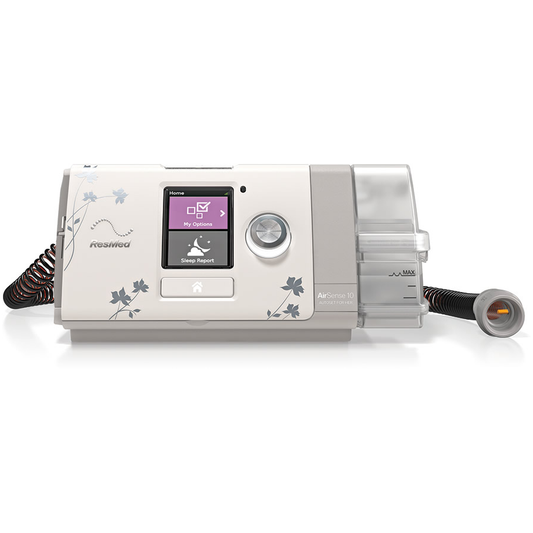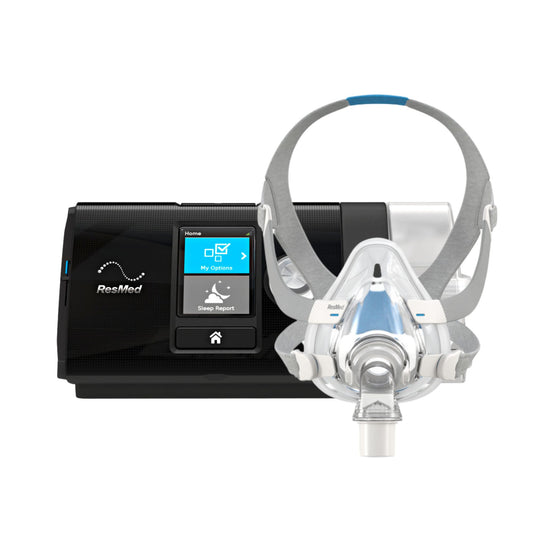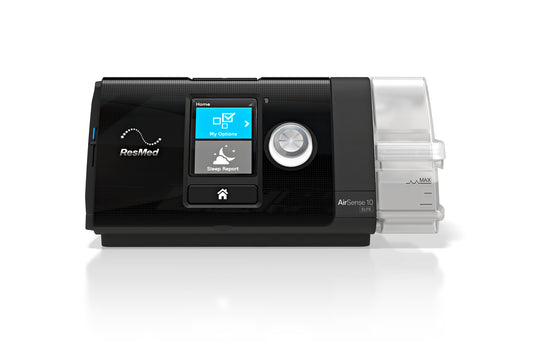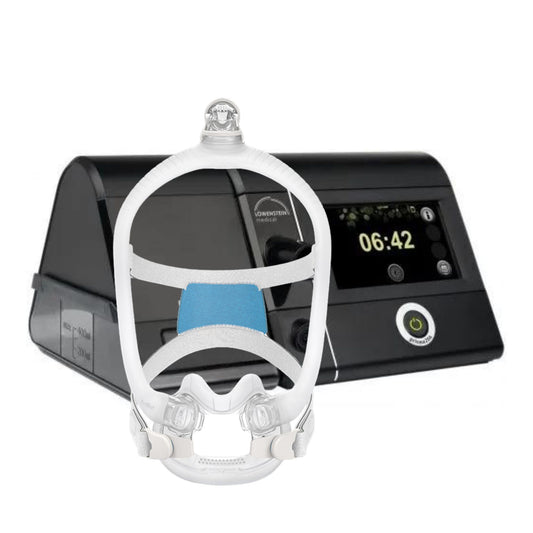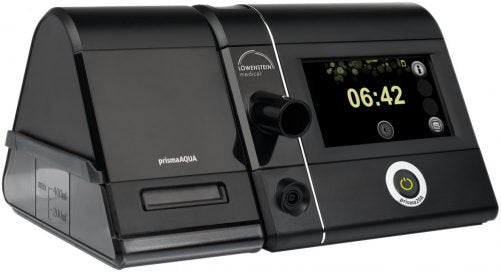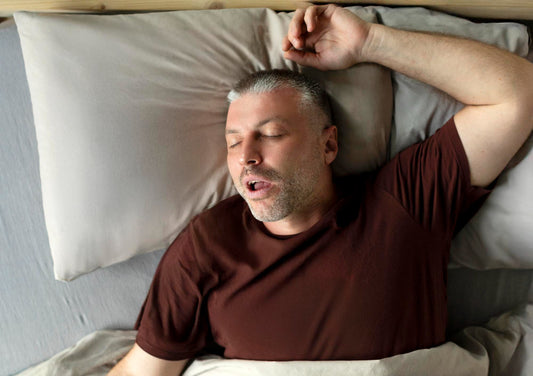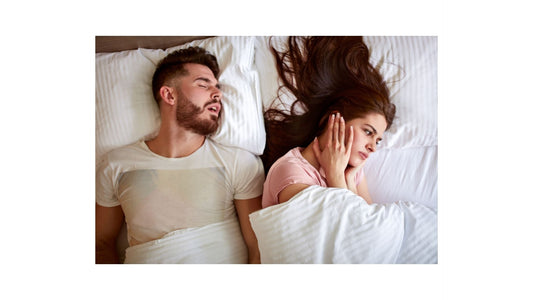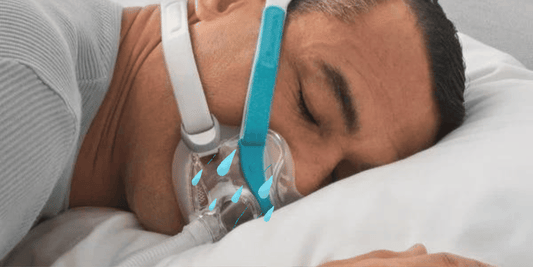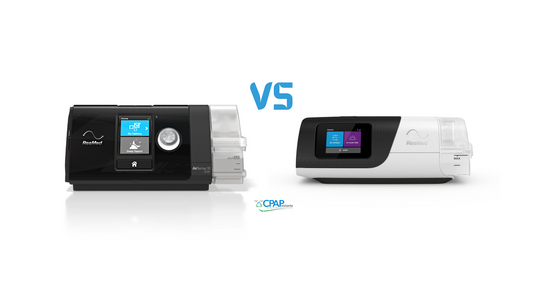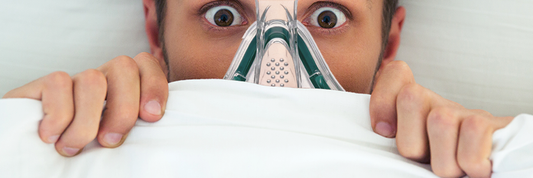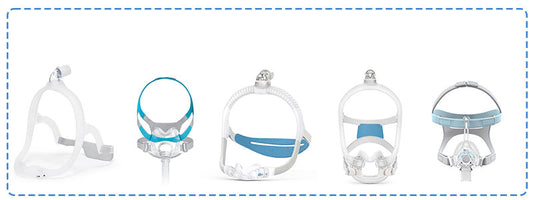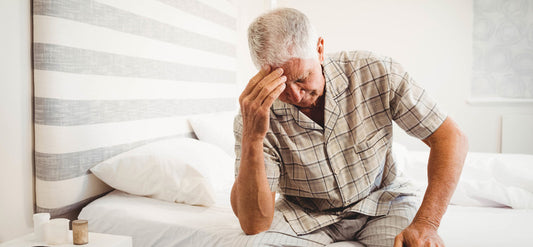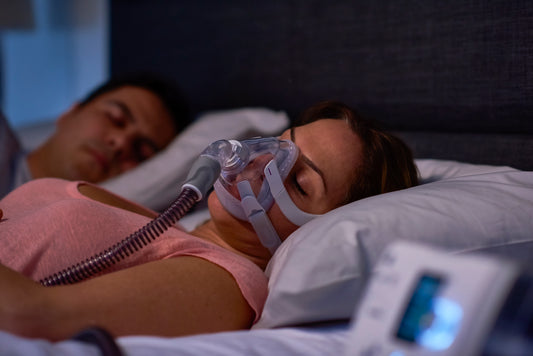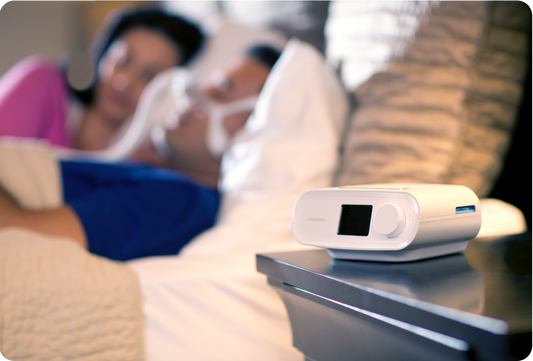Sleep apnoea is a sleeping disorder where a person exhibits shallow breaths or pauses in breathing during sleep. Common comorbidities of sleep apnoea include: type 2 diabetes, cardiovascular diseases, hypertension, obesity, metabolic syndrome, acid reflux, liver problems, and adult asthma. A sleep study done in the United States indicated that loss of hearing could be linked to sleep apnoea.
Hearing Loss and Snoring
Arteriosclerosis is a disease in the blood vessels that supplies the inner ear. Chronic loud noise or excessive vibration can also damage the nerves of the ear. In this connection, can loud snoring caused by sleep apnoea increase the risk of hearing loss?
A sleep apnoea researcher from Johns Hopkins said that sleep apnoea can affect the blood vessels that supply the “hearing” nerves. Dr. Seva Polotsky said in the light that sleep apnoea has been known to increase the buildup of plague in the blood vessel. Thus the brain blood vessels that control hearing can be affected. When blood flow is slow, the ear gets fewer nutrients which could eventually lead to destruction and atrophy of the auditory hair cells.
Link between Sleep Apnoea and Hearing Loss
The findings of Dr. Amit Chopra’s study as part of the Hispanic Community Health Study/Study of Latinos were presented at the 2014 International Conference of the American Thoracic Society.
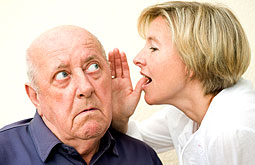
The respondents comprised of almost 14,000 persons with a mean age of 41 years. All, where more than 40% were women, underwent on-site hearing tests and in-home sleep apnoea studies. The study indicated that some 10% of the respondents have a 10% moderate sleep apnoea, and that 29% have a form of hearing loss. Of those suffering from hearing loss, 1.5% had low frequency hearing loss, 19% had high frequency hearing loss, and 8.4% suffer from both low and high frequency hearing loss.
The same study indicated that people with sleep apnoea had a 90% increased risk of low frequency hearing loss and a 31% increased risk of high frequency hearing loss. About 38% had increased risk of high-low frequency loss of hearing. Factored in the study are the age, sex and smoking habit of respondents. People who are Puerto Rican and Cuban descent were more prone to hearing impairment, as well as those with a higher body mass index and those who snore.
Increase in apnoea-hypopnoea index seems to be linked to hearing loss too. In this study, individuals with moderate sleep apnoea had a 22% ncreased risk of contracting hearing problem. People with severe sleep apnoea had a 46% increased risk of hearing impairment. The association between sleep apnea and hearing loss was found independent and significant of symptoms such as exposure to external noise, snoring and conductive hearing loss.
Conclusion
The study reinforces the possibility that sleep apnoea and hearing loss are linked. People with hearing loss should be screened for sleep apnoea symptoms more so if other common comorbidities of sleep apnoea are present. Patients with sleep apnoea who have hearing impairment must consult with a specialist.
